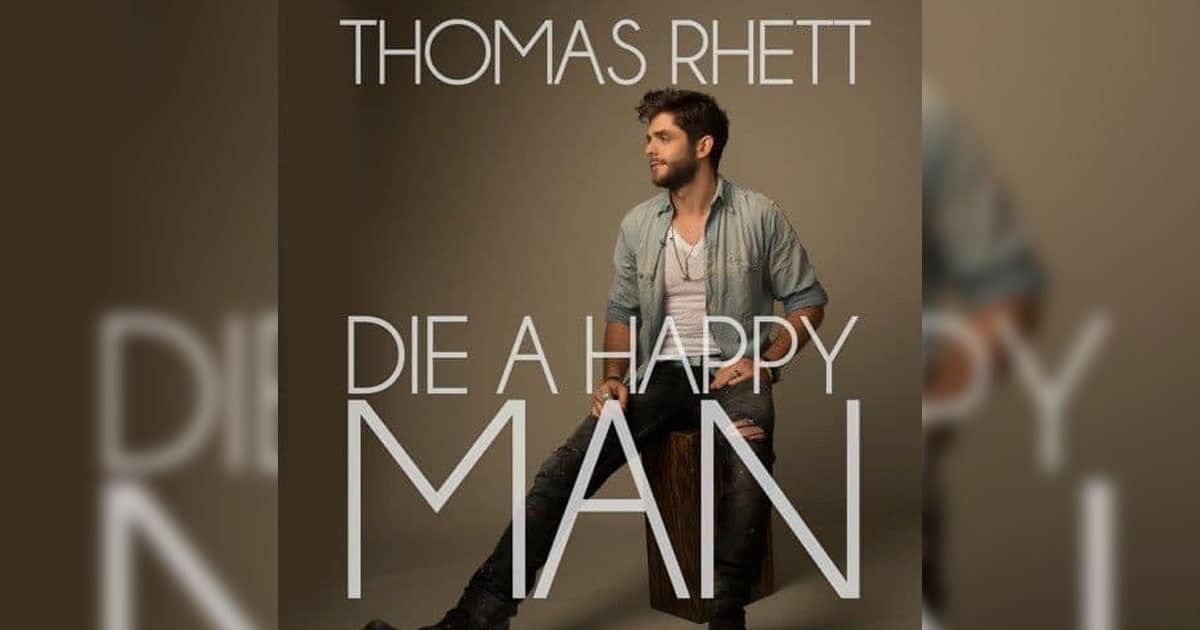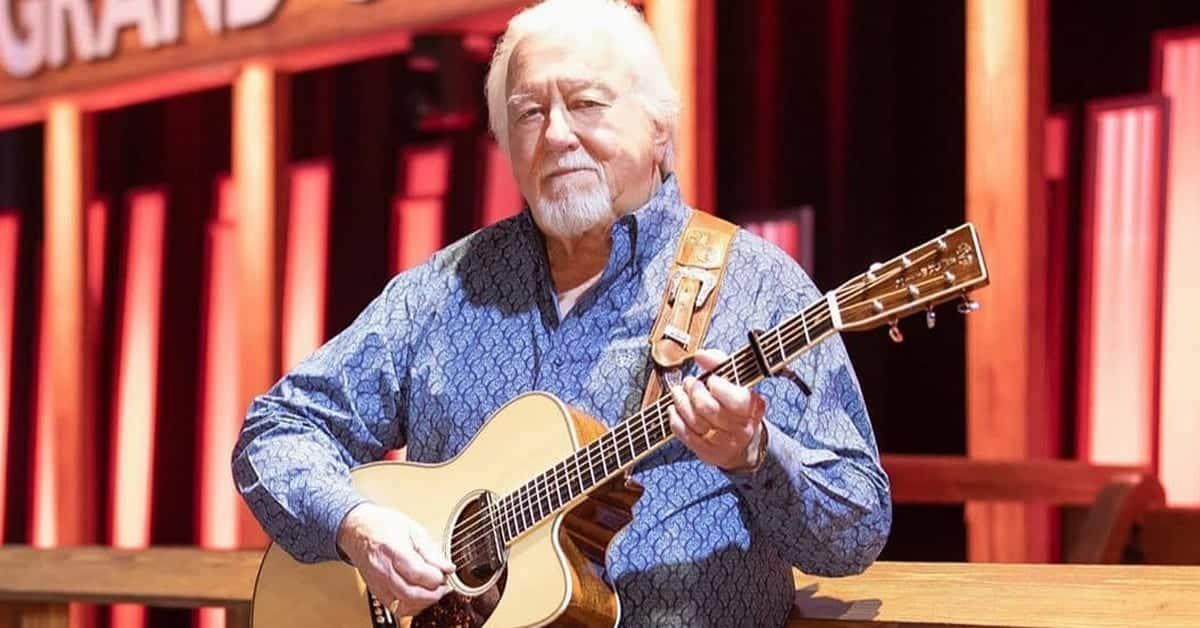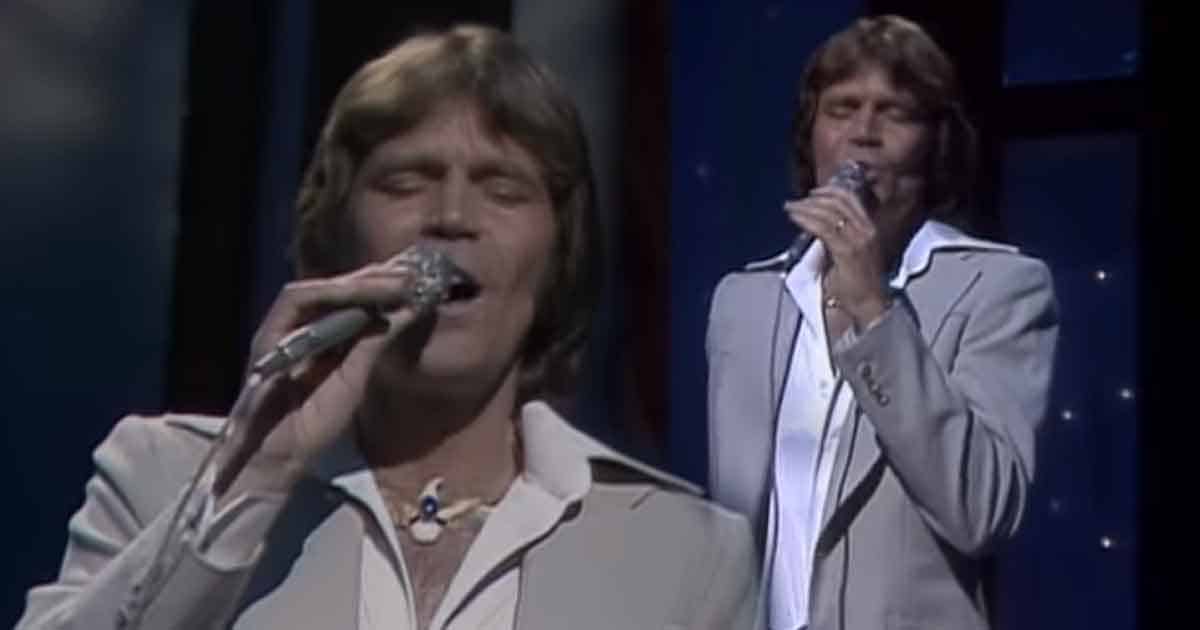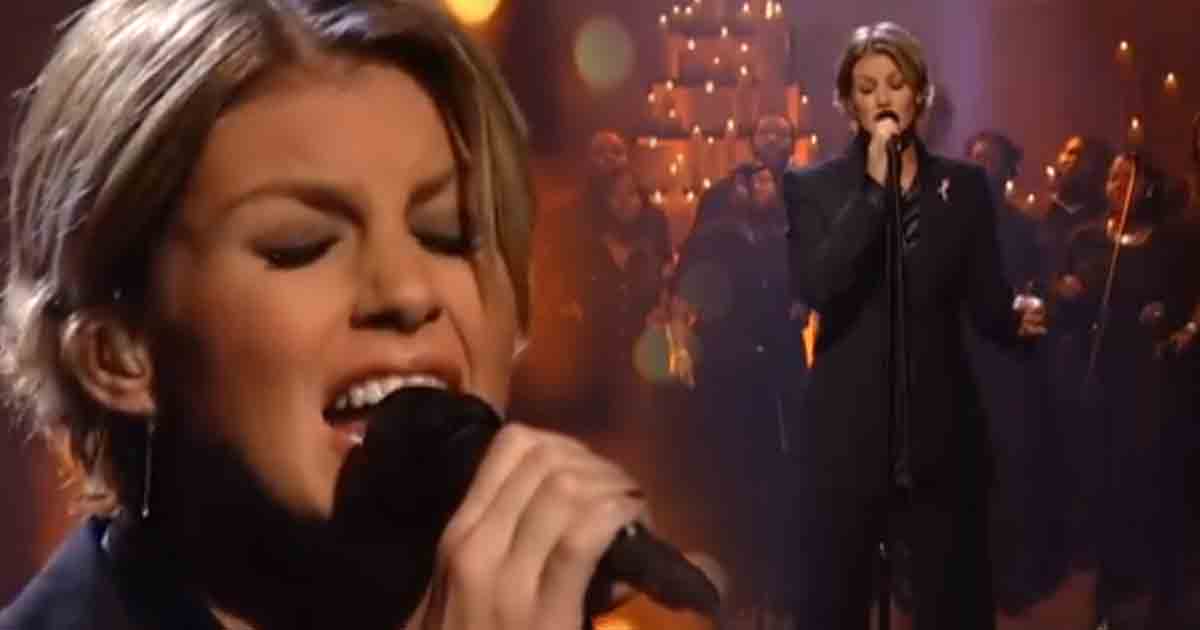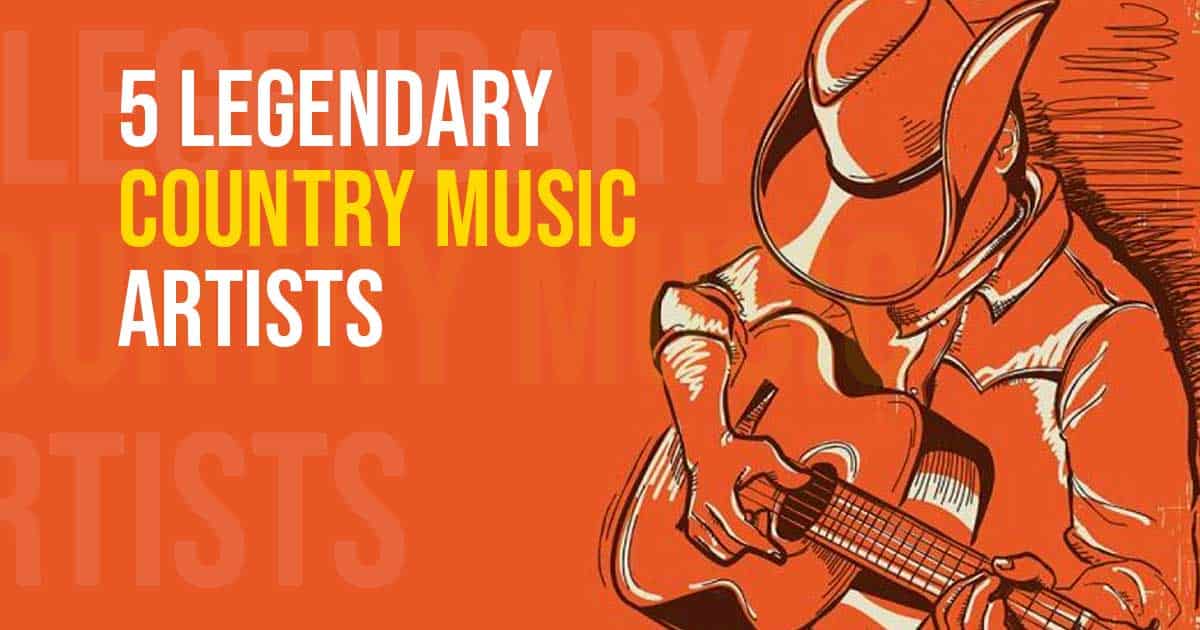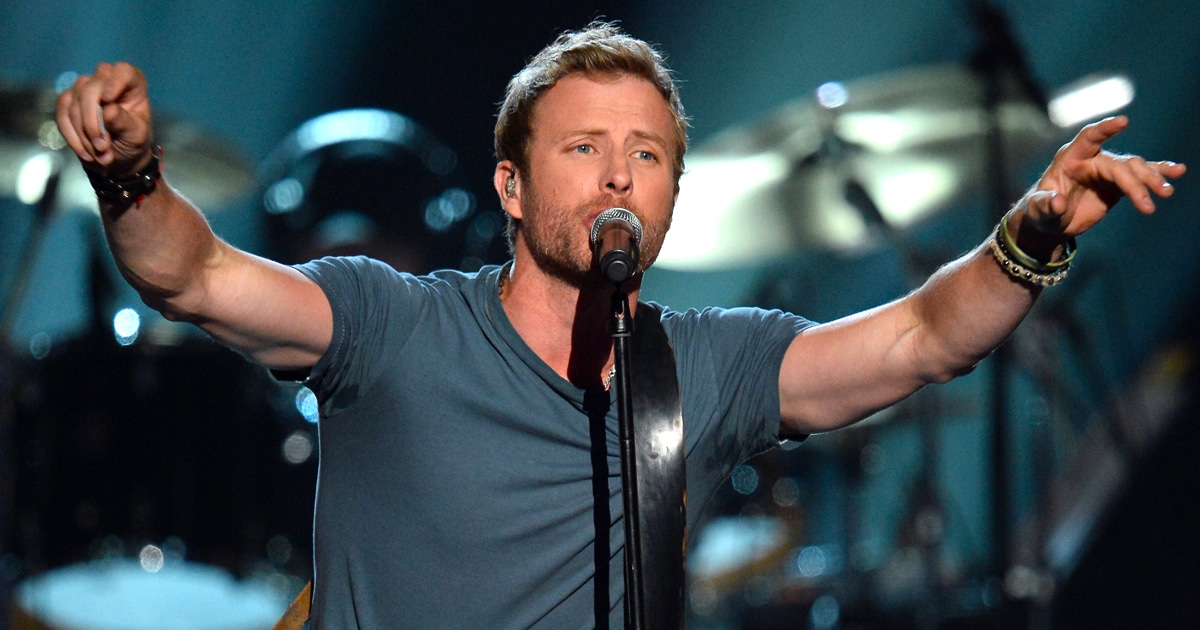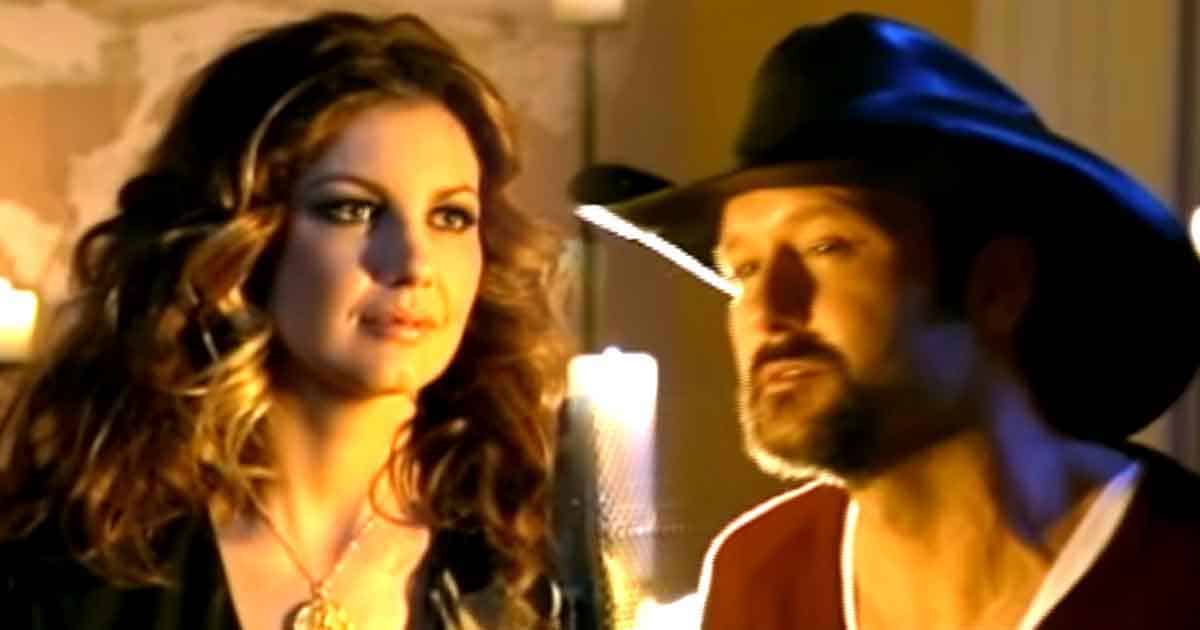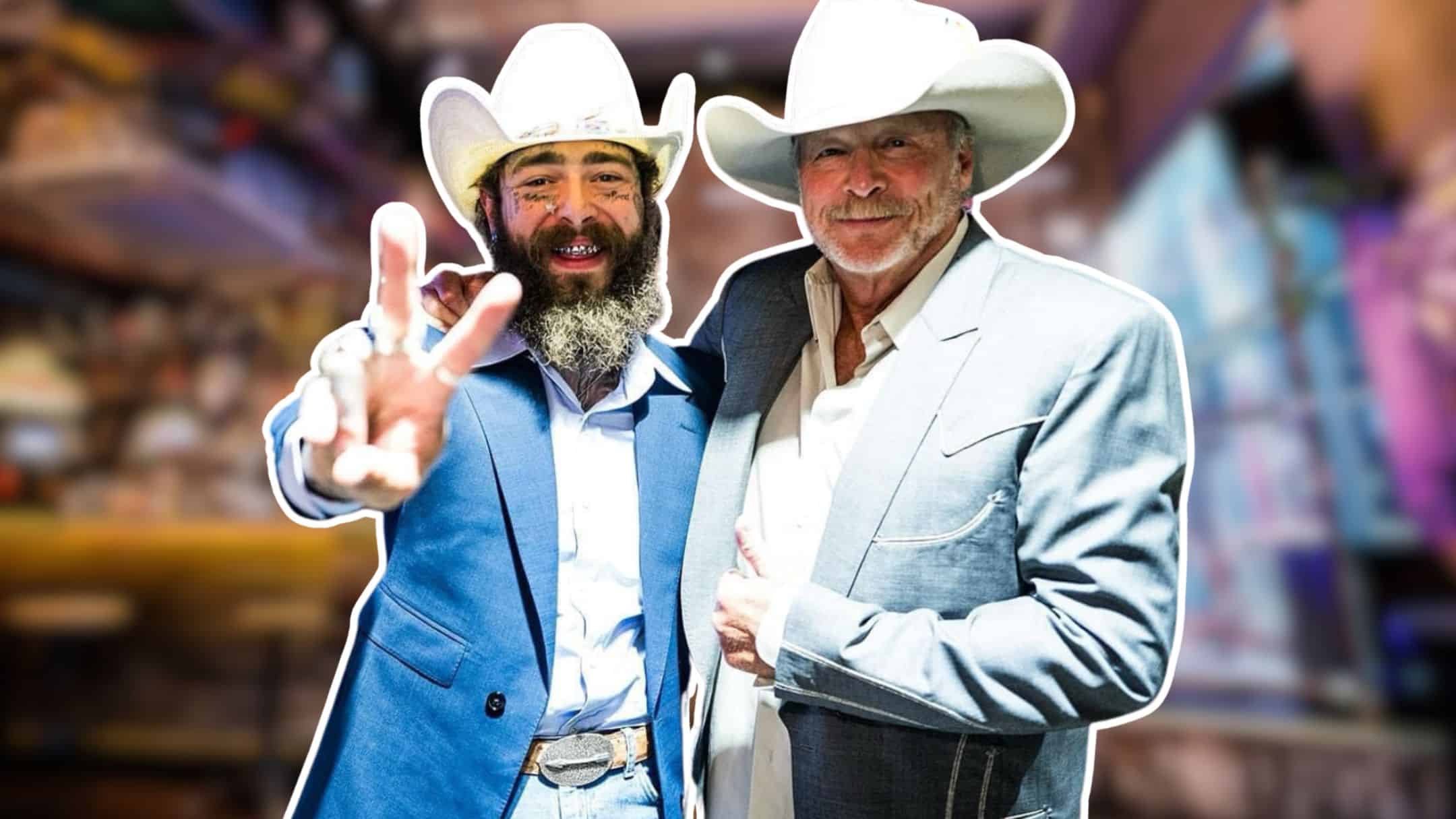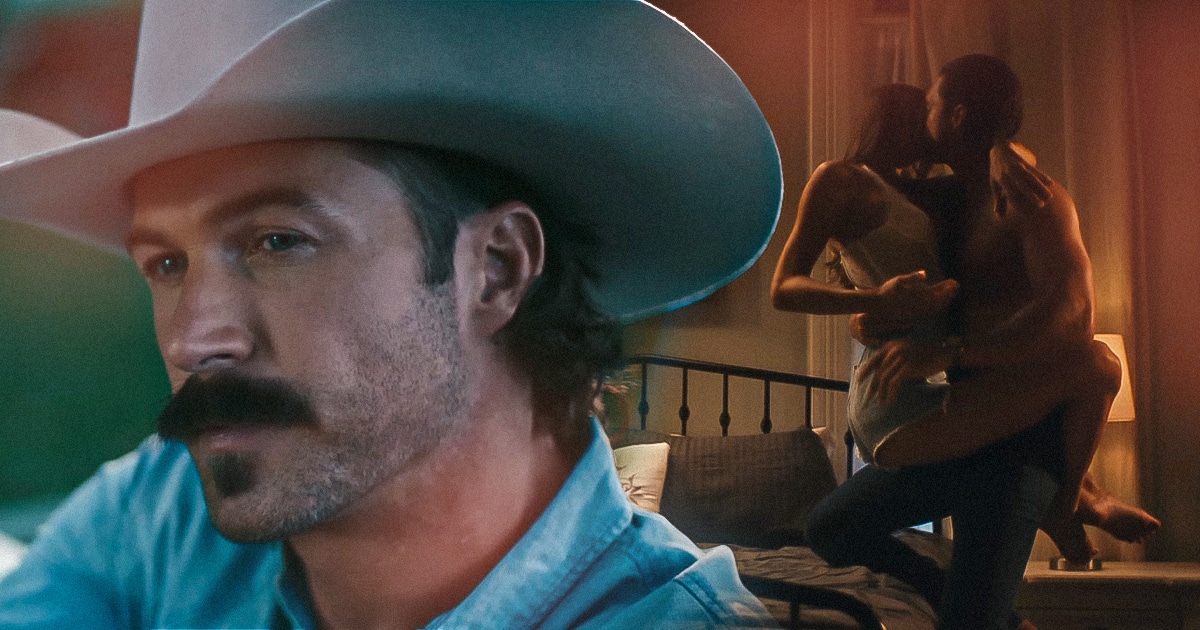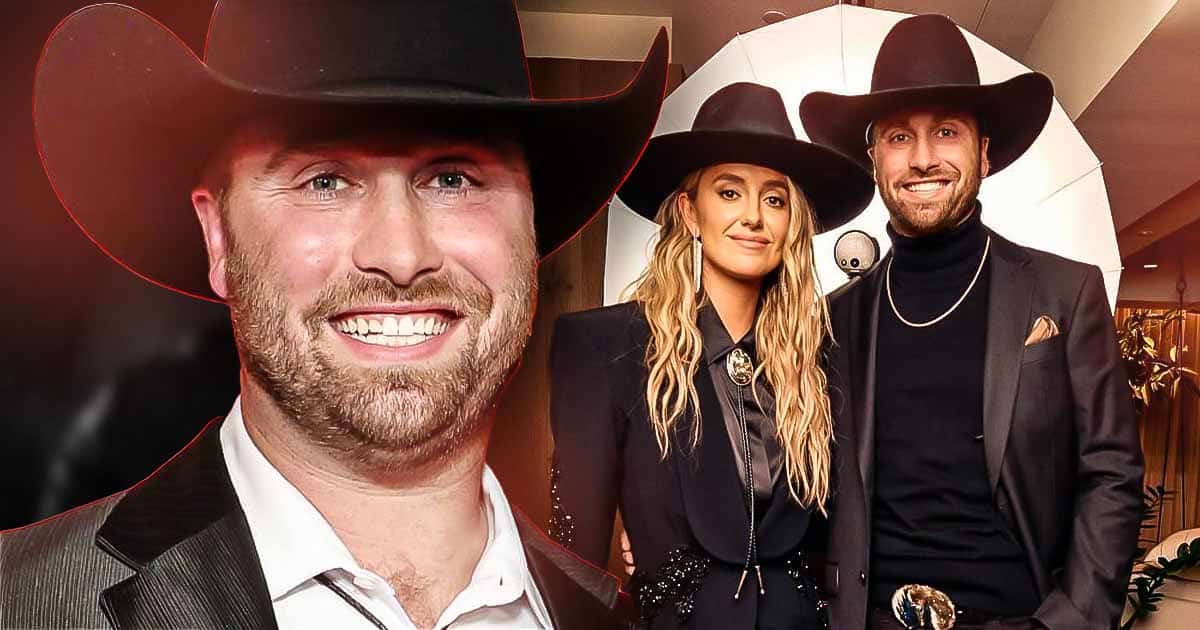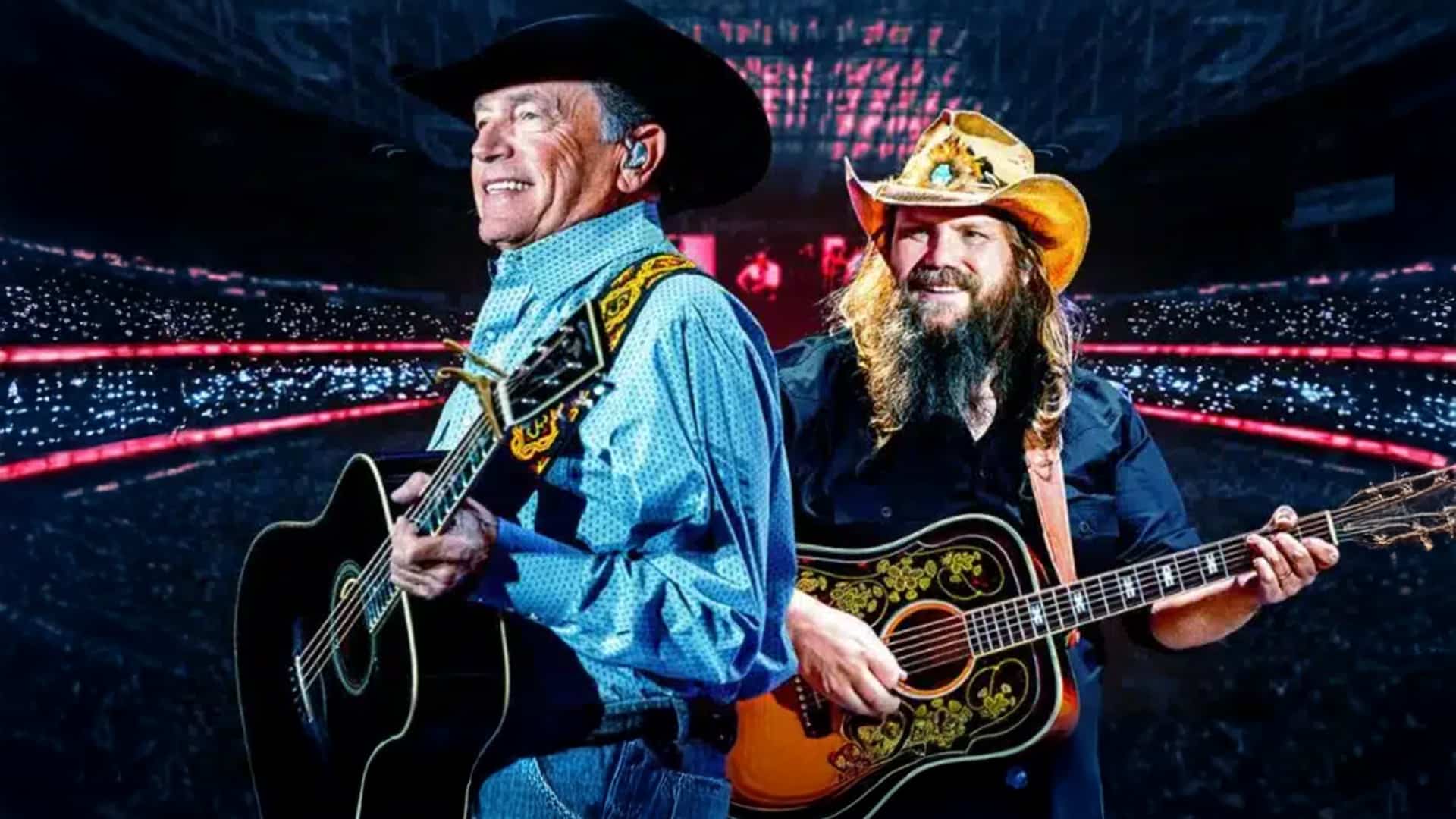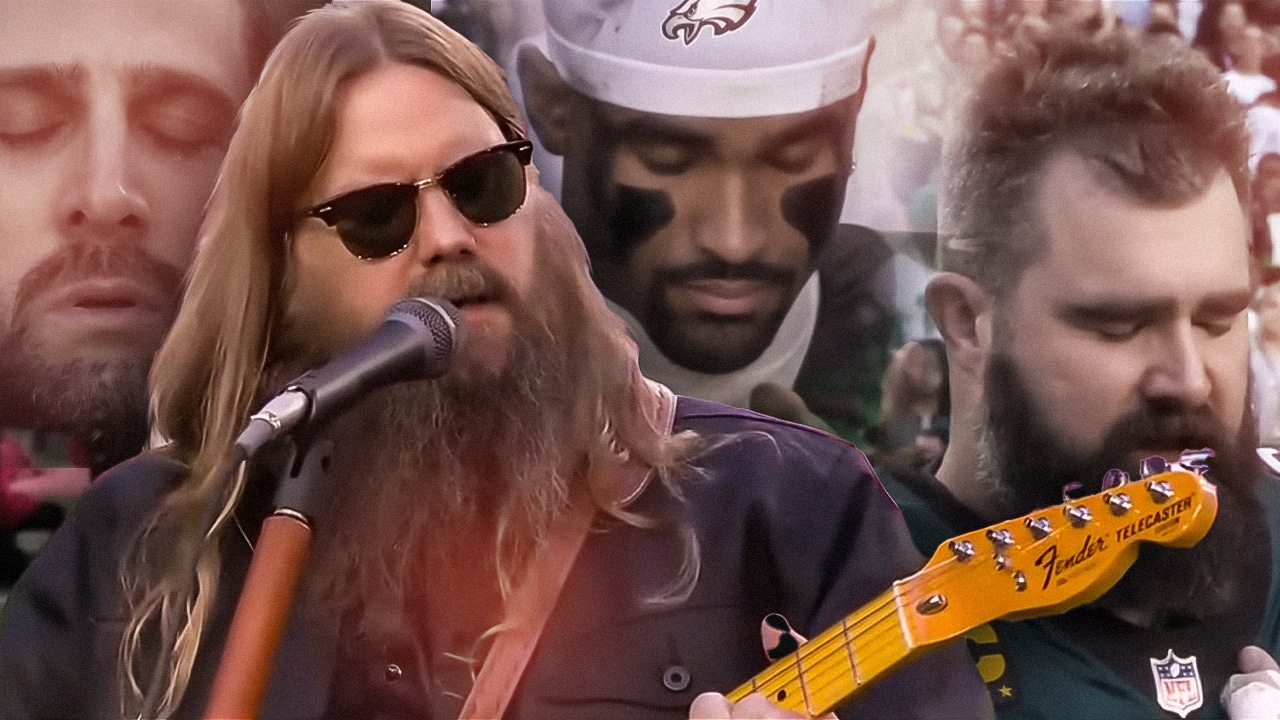Country music has been through a wave of change lately, and not everyone is convinced it’s for the better. Beyoncé’s Cowboy Carter shook the industry, bringing country into the mainstream conversation and sparking debate about who gets to claim the genre. Now, social media is buzzing with another possibility: Drake, one of the biggest names in hip-hop, is making his own country album.
It started with Some Sexy Songs 4 U, Drake’s new collaborative album with PartyNextDoor. One track, “Die Trying,” leans into a guitar-driven, country-adjacent sound, and almost immediately, fans began calling for him to go full country. While his fanbase might be excited, this raises a bigger question—what happens to country music when mainstream superstars drop in for a project or two without being part of the genre’s core?
Social Media Fuels Speculation Over a Drake Country Album
Drake is known for experimenting with different sounds, from dancehall to Latin music to UK drill. But country? That’s a space he hasn’t entered yet—at least, not officially.
Following the release of Some Sexy Songs 4 U, fans flooded social media with calls for him to take the next step.
“Drake country album so needed,” one person tweeted.
“Die Trying is why if Drake makes a country/alternative album I will be 100% tuned in,” another fan wrote.
Some fans even started pitching potential collaborators, with names like Morgan Wallen and Luke Combs thrown into the mix.
Drake wouldn’t be the first rapper to step into country territory. Lil Nas X’s Old Town Road—which featured Billy Ray Cyrus—was a massive success in 2019. However, Billboard removed it from the country charts, igniting a debate about genre lines. More recently, Post Malone has hinted at a shift to country, recording with Wallen and Hardy.
RELATED: Lil Nas X and Billy Ray Cyrus Team Up for a Unique ‘Old Town Road’ Remix
But the difference is clear: Lil Nas X and Post Malone have at least shown a sustained interest in country music. So far, Drake’s connection to the genre is just one song with a slightly twangy guitar.
Would Country Music Accept Drake?
The country music industry has softened its boundaries in recent years. Still, the response to non-country artists crossing over has been mixed. When Beyoncé released Cowboy Carter, she faced resistance from some corners of the country world, even as her album topped the charts and won Best Country Album at the Grammys.
Drake, however, comes from an entirely different musical world. If he were to release a country album, would country radio actually play his songs? Would award shows embrace him as part of the genre, as they did with Beyoncé? More importantly, would real country fans buy into it?
RELATED: Why Post Malone Thrived in Country Music While Beyoncé Didn’t
There’s a key difference between blending genres and claiming a genre. Artists like Kacey Musgraves and Zach Bryan have pushed country’s boundaries. However, their music is still deeply rooted in storytelling and tradition. Drake has built his career on sleek production, pop appeal, and a constant reinvention of sound—none of which align with country’s core identity.
The Industry’s Role in Country’s Identity Crisis
The biggest issue isn’t whether Drake is talented enough to make a country album. It’s whether country music, as an industry, keeps bending its own rules for mainstream stars while making it harder for real country artists to break through.
Take country radio, for example. Traditional and independent artists often struggle for airplay, while pop-leaning acts dominate the charts. Suppose a superstar like Drake suddenly decides to make a country album. Will he be given prime placement while artists who have spent years in the genre still fight for recognition?
And what about award shows? Beyoncé’s Cowboy Carter winning Best Country Album proved that big names can redefine the genre on their own terms without following the paths that country artists traditionally take. If Drake jumps in and finds similar success, what message does that send?
What’s Left of Country Music If This Keeps Happening?
Country music has continually evolved, and there’s nothing wrong with that. The genre has absorbed outside influences, from rock and blues to pop and Southern rap. But evolution should come from within, through artists who live and breathe country—not through temporary guests who see it as just another sound to experiment with.
If more pop and hip-hop stars keep dropping in to make country records, what will the genre even mean in ten years? Will country music be defined by storytelling, authenticity, and a connection to its roots? Or will it just be a label slapped onto whatever sells?
Drake may never release a country album, but the fact that fans are pushing for it speaks volumes about where the genre is headed. At some point, country music has to decide what it stands for—or risk becoming unrecognizable.


